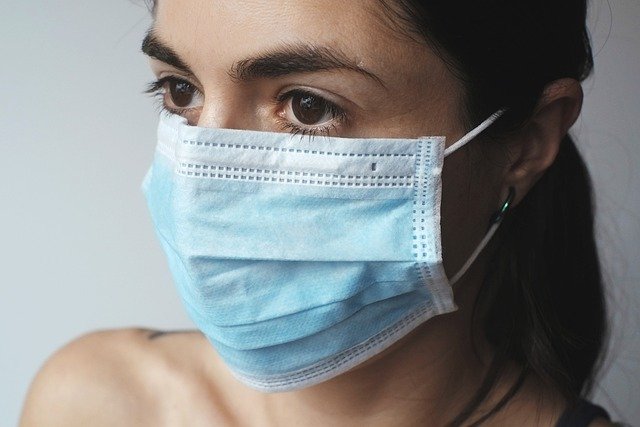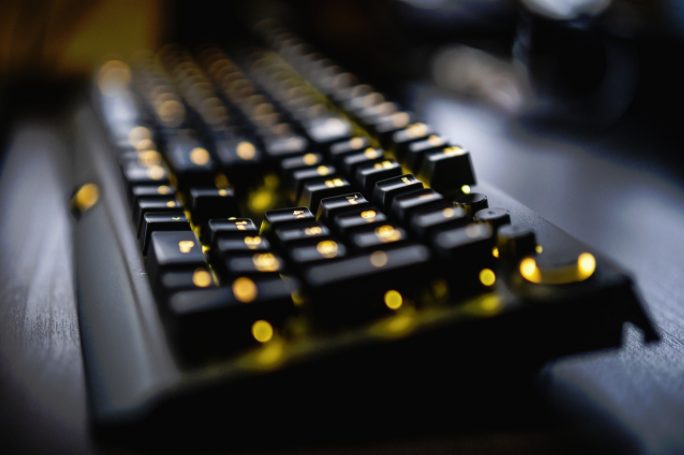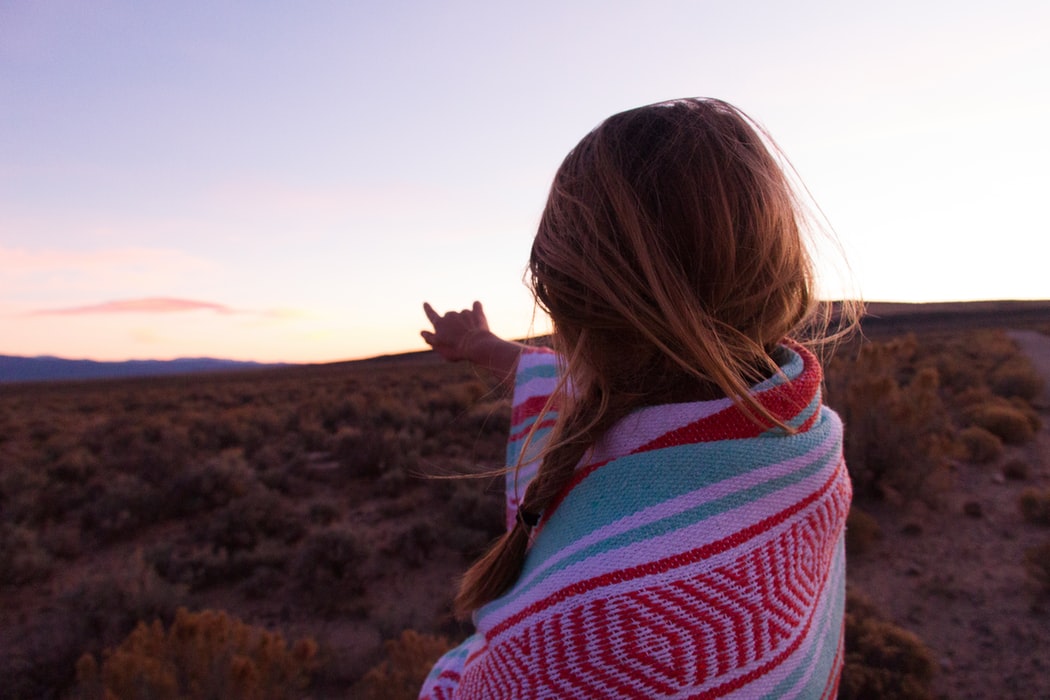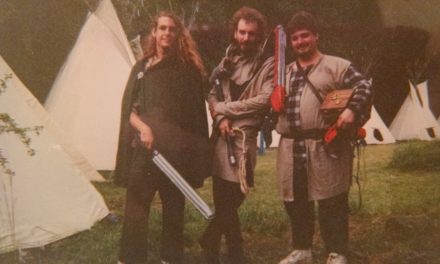Content warning: This post discusses COVID-19 and collective trauma.
As vaccinations roll out in the United States, larp (live action role play) participants and organizers heavily debate the role of COVID-19 safety, including whether proof of vaccine and negative COVID tests are reasonable requirements. After enduring the collective trauma of COVID-19, these are useful discussions to have; some larps are even hiring vaccination distribution and immunization experts to consult about the changing landscape of COVID safety and the status of in-person larps in 2021 and 2020.
Physical safety is extremely important to our community, but we must also consider emotional safety and what it means to see each other after more than a year of relative isolation. We need to think about the emotional impact of:
- Going from seeing few people to seeing many
- What it will feel like to possibly see someone you care about, but for it still to be unsafe for physical contact
- Wearing masks in a crowd
- How the collective traumas of disease, death, sickness, and isolation will affect themes and events in gameplay
- The potential difficulty of leaving friends behind and saying goodbye after your first emotional larp experience in a very long time
- FOMO (fear of missing out) and guilt
As I am not a therapist, I’m sure I am missing other important considerations. Furthermore, unanticipated feelings can often arise before, during, and after gameplay. While it might have been fun to play a scene where you’re lost and isolated a couple of years ago, that scene might inspire a panic attack now. While “catching the plague” was a common module in boffer larp years ago, now it’s going to be seen as inappropriate and unwanted.
Is this information useful to you? Please consider sharing this post or sending me a tip on Ko-fi!
Adjusting the Larp Experience for Gameplay in a World With COVID-19
How can you design and organize for a world that includes COVID? First of all, it’s crucial to remember that even if and when it’s safe to gather, COVID isn’t gone. It’s a looming physical threat, and a very recent trauma for every individual at your game.
Individual experiences at events with multiple participants will mostly include people who have had relatives die, have nearly died themselves, who have lost jobs or faced financial or housing insecurity due to COVID-19, and more. Rates of anxiety, depression, and substance abuse have increased during the pandemic, and many people who have not previously experienced these conditions have had to contend with them. You can manage this:
- Be up front about included and prohibited themes on your game materials and in your pre-game discussions with participants, and highlight themes that may be pandemic-related.
- Ask participants (typically on pre-game surveys) what additional themes they would feel uncomfortable with. Expect responses to look different than they did in a pre-pandemic world.
- Prepare participants for a different emotional experience than they might be accustomed to.
- Provide an in-game reason for mask-wearing to make it immersive and an intrinsic part of game culture. Ensure you have some extra masks on hand in case participants misplace or soil theirs (it’s not fun to wear a cloth mask if you’ve sneezed in it already).
- Recognize that participants may be in different stages of grief regarding the pandemic. Some may be ready for catharsis and may want to explore death and grief; others may have just lost someone or may have recently recovered from COVID themselves. How will your gaming space accommodate those different needs?
- Include hand sanitizer and masks in your pre-game packing list. Budget for extra hand sanitizer and make it readily available near doors, restrooms, and other shared spaces.
- Model appropriate behavior. If the CDC still recommends six feet of distance in small crowds, don’t just say it, show it.
- Provide workers and volunteers with clear shields during physical check-in processes. Handle most check-in processes and have signed forms online when possible.
- Designate an out of game area for emotional safety and processing, and normalize its use. Communicate that emotions might work a bit differently.
- While many of these recommendations are physical safety reminders, understand that participants usually require physical safety before they can feel emotionally safe and present and have an immersive or otherwise satisfactory larp experience.
- Include an optional conversation about COVID-19 and gathering after isolation in your debriefing workshop and allow extra time at debrief (more on that below).
- Consult a therapist if possible and within budget regarding how you can best support participants’ emotional safety post-isolation.
- Ensure you have team members to support you: you may also feel emotionally overcome and in need of support before, during, and after your larp event.
- Schedule post-game therapy if possible and encourage others to do so. (This is not accessible for everyone due to the nature of healthcare in the United States, and remain sensitive to that; however, do encourage therapy when possible.)
- Read aloud the latest COVID-19 safety guidelines from the CDC and reinforce your own COVID policies, which may be more strict than the CDC recommendations. Ensure participants always have updated information about safety conditions at large.
- Embody a culture of safe emotional expression and fulfillment of new emotional needs. Will it feel safe for someone societally conditioned against crying to burst out in tears when they see their friends for the first time in two years? Do everything you can to ensure it is a safe environment for that person, the participant who may need to suddenly withdraw, someone who needs quiet even though they’re an extrovert, etc. The pandemic has changed our norms, routines, and conditions.

Got larp props? Place hand sanitizer near things multiple people will touch. Image: https://pixabay.com/photos/rpg-coins-larp-coins-token-coins-1146135/
Additionally, there are going to be unexpected, unanticipated, COVID-related emotional and physical safety concerns. You cannot prepare for everything. Expect the unexpected and ensure your larp is able to provide support.
Create a Hybrid Larp Experience: Part Online, Part In-Person
As people in larp communities get vaccinated, there’s a large amount of FOMO, or fear of missing out. Suddenly fully vaccinated people who have effective vaccines (after the established waiting period) are able to do more than people who could not. As a person with chronic illness who had COVID early on and got vaccinated early on, I have mixed feelings about this. I hate when people feel left out, but able-bodied people should have an experience that encourages them to understand what it’s like to be unable to do things that other people can due to a medical restriction. (As if the pandemic itself, where everyone was magically permitted to work at home, didn’t already do that!)
FOMO stinks. In addition to it feeling not-so-great when you have to tell someone to go with their gut, stay safe, and stay home from your event, that’s a potential ticket purchase going away (the eternal presence of capitalism, as even if you’re not running for profit, you still need to cover costs).
You can still include players who cannot or should not attend by creating a hybrid larp experience, which operates partly online, and partly in person. Online participants generally pay a lower ticket fee and have an at-home, largely accessible experience. There are many ways to organize it, and for a percentage of your stated ticket fees, I can integrate an online experience for you and have extensive experience with digital larp integration. (Email: tgilarps@gmail.com.)
COVID-19 and the Larp Debriefing Process
The pandemic may affect our larp experiences in predictable and unanticipated ways, especially when it comes to how we react to sharing space with people physically again after not being able to do so for so long. For many, larp will be their first post-isolation gathering. It will be their first day away from their pets, partners, or children, in almost two years. It will be a reawakening and/or a panic-inducing experience.
Layered on top of that is the emotional experience of larp, and the bleed (transference of emotion from character to player, or player to character) which can stir strong feelings about COVID and isolation.
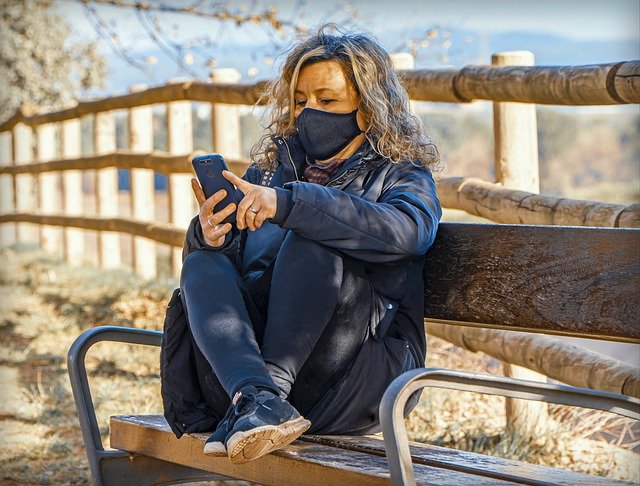
Some people will want to talk about their larp experiences online after they are again alone. Image: https://pixabay.com/photos/woman-smartphone-bench-face-mask-6114324/
Your debriefing experience, which should typically be optional, should include a guided discussion with a final, optional section about COVID-19 and isolation. Unless they’re ready to roll, please don’t send your larp community comrades into the wild without giving them a chance to de-role and prepare for what comes next, such as an isolated car ride.
Due to the pandemic, we have become generally more comfortable with online larp and discussing larp in online spaces. Create an online space for post-gathering conversation and encourage participants to include talk about what may be their first small gathering when they debrief formally and connect online.
Do you have additional tips or emotional safety considerations when it comes to larp? Please comment below.
Is this information useful to you? Please consider sharing this post or sending me a tip on Ko-fi!


